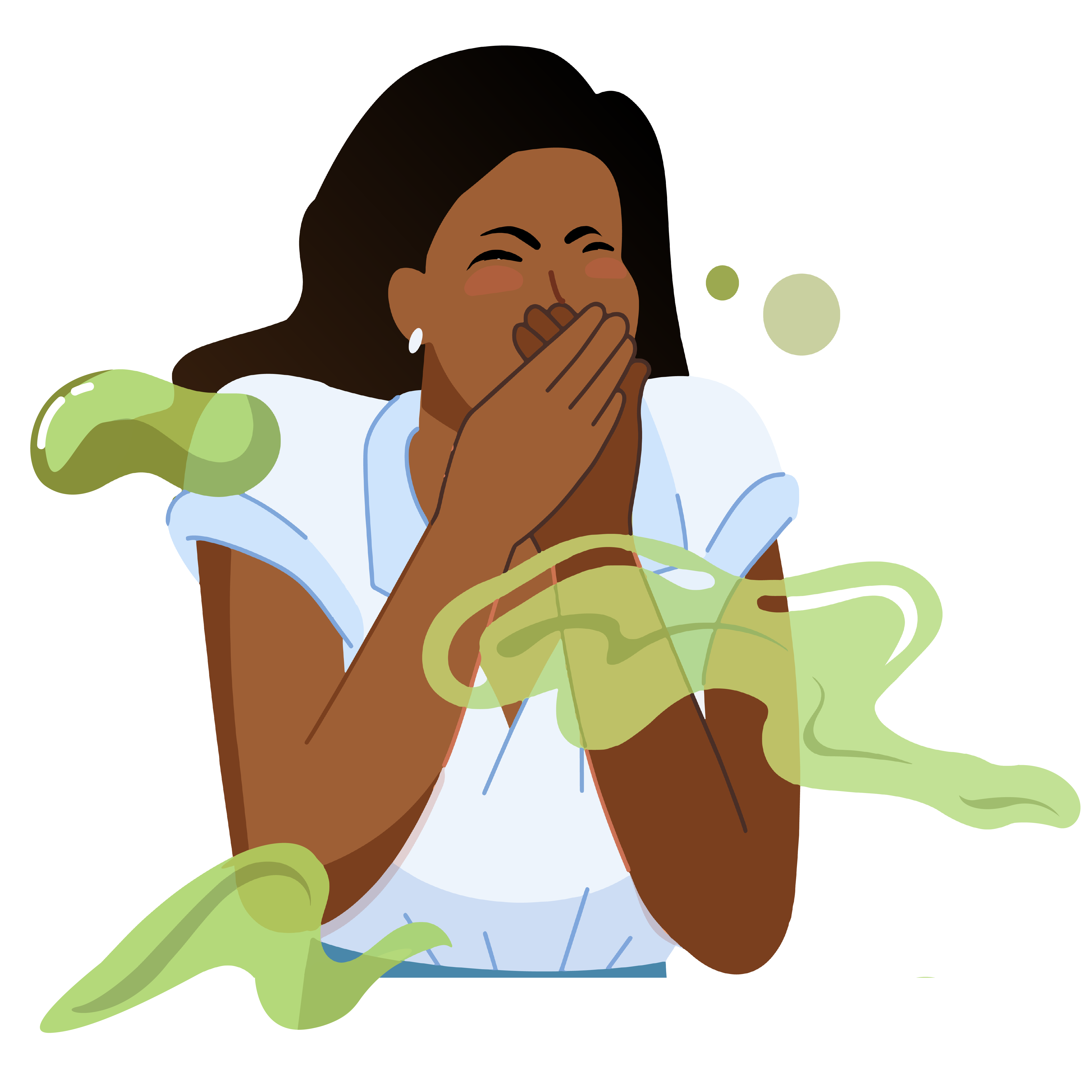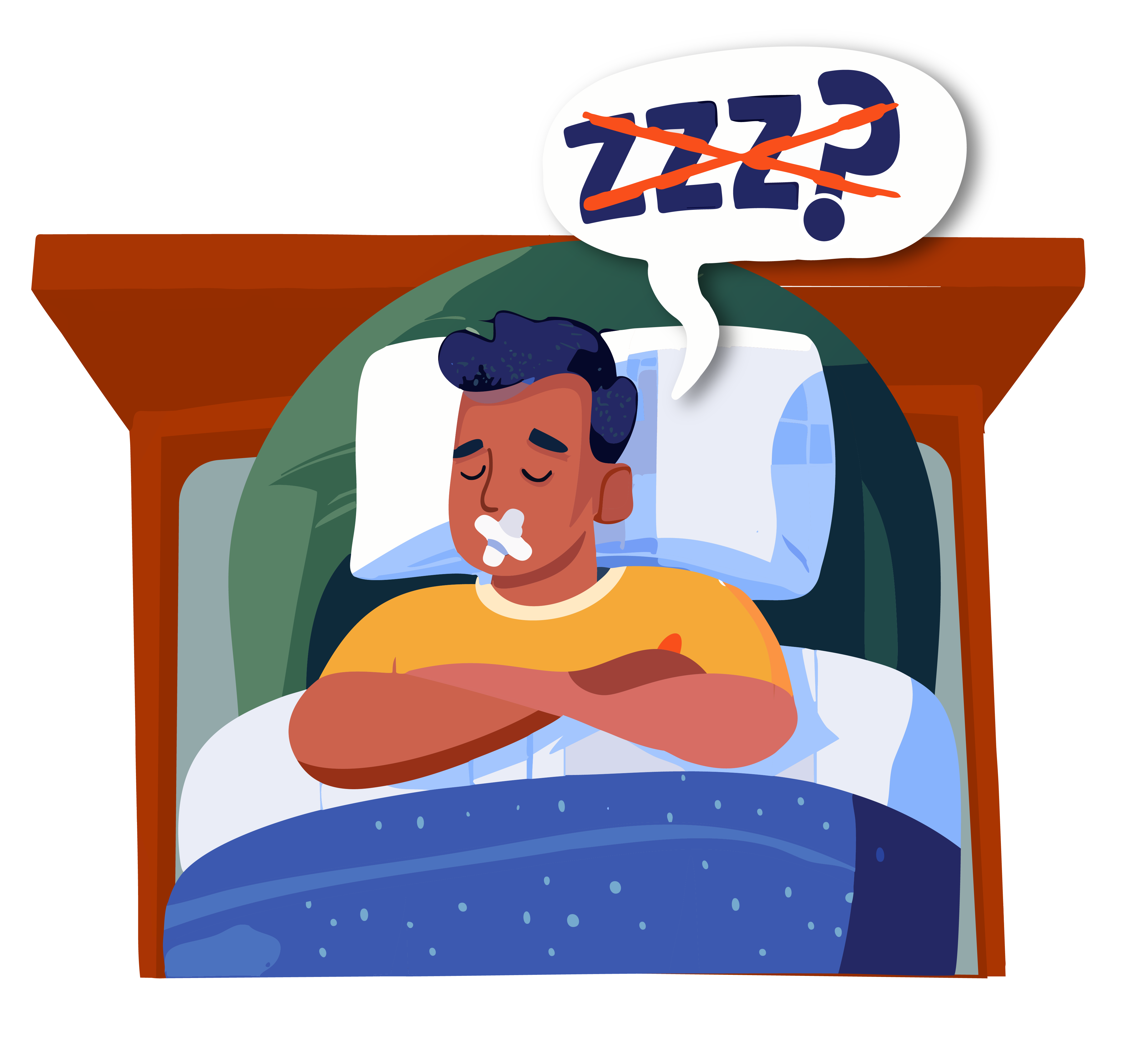
Social media trends like recipes, life hacks and makeup techniques can gain popularity and excitement very quickly, and you may be tempted to take part in them yourself. However, trends that involve and impact your health should be thought about carefully before you decide to join in. Mouth taping is a practice that has been demonstrated and promoted on social media, but it is not a good idea for everyone to try.

Mouth taping is exactly as the name describes. It’s putting a piece of tape across your lips to “encourage” you to breathe through your nose. Some studies have shown that many people will still breathe out around the tape, causing “mouth puffing” if they can’t breathe well through their nose. People say that mouth taping improves their sleep quality, reduces snoring, helps with sleep apnea, and prevents bad breath and cavities. Although many people make health claims on social media, most of these claims have not been scientifically proven.

Mouth taping is not recommended for certain people, particularly those with nasal obstruction (like nasal polyps or a deviated septum) and severe sleep apnea. If you have these conditions, breathing through your nose is very difficult because it is blocked, and the tape prevents mouth breathing, so you will likely notice worse sleep quality and may have anxiety about breathing properly. Sleep specialists do not routinely recommend mouth taping as a treatment for obstructive sleep apnea.
A recently published review found little scientific evidence of the benefits of mouth taping. Most of the available research is smaller studies, with few participants who include mostly people who have mild snoring and/or no diagnosis of apnea.

Although sleeping with your mouth open can cause dry mouth (where your mouth has less saliva) which can increase bad breath and lead to cavities, mouth taping is not the best solution. Instead, try staying hydrated with lots of water, flossing your teeth and brushing them twice a day. While they may not be as trendy on social media, these practices are easy and proven effective.
Bottom line: Mouth taping is not recommended to help with snoring and/or obstructive sleep apnea. If you have concerns about sleep, see your primary care provider or a sleep specialist.
This information in this post is for general educational purposes only and does not warrant or represent any information as related to health as specifically appropriate for you. It is not intended to be medical advice or replace the relationship that you have with your health care providers. You should always seek medical advice on any diagnosis or treatment from a qualified health care provider. The information is provided “as is” without any representations or warranties, express or implied.






